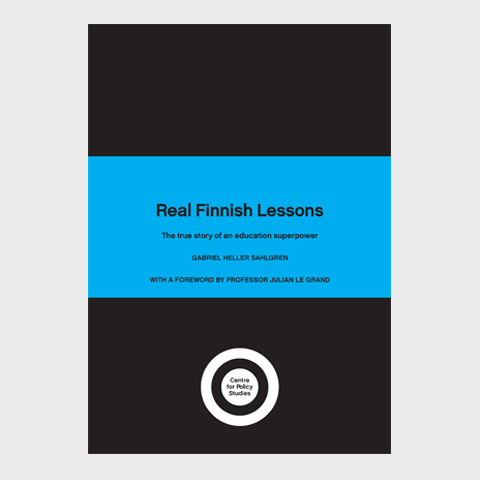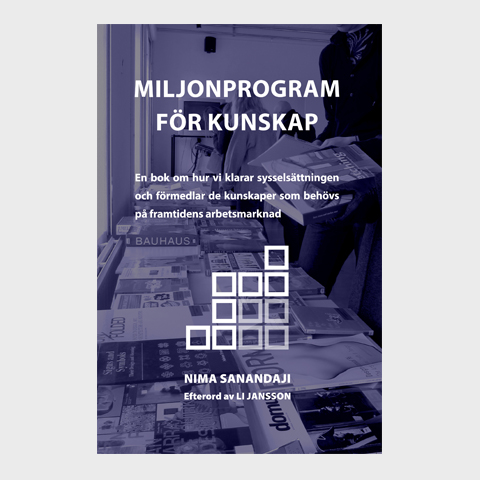For long, government policy has aimed to foster investments in physical capital. In the modern economy, the main constraint of many businesses is no longer physical capital, but rather access to skilled workers and knowledge-based capital. Thus, in order to prosper in the 21:st century, Europe must be a global leader in skills and innovation.
Much can be done to improve school results across Europe. Likewise, with determined focus and investments, more European universities can reach the same elite status as American counterparts such as Harvard, MIT and Stanford. In addition, investments in innovation must be expanded. Although most European economies are investing more in R&D, the UK and Sweden are worryingly moving in the opposite direction. A committed approach to education, adult education and innovation is needed across Europe.

In the first international PISA rankings, Finland achieved top positions in mathematical, reading, and scientific literacy. Since then, policymakers from around the world have tried to learn from its extraordinary success. As Gabriel Heller Sahlgren explains in this study, published by the Centre for Policy Studies, many have drawn the wrong conclusions about what policies made the Finnish educational system flourish. The Finnish solutions that many admire are in fact the same that explain the countries recent slip in PISA.

The modern educational system is based on the idea that we should spend a large part of our lives educating ourselves, then enter the labour market before lastly retiring. Although basic education is very important, in reality many individuals use different skill sets in life than what they have studied for. Life-long learning, in which knowledge is acquired over the span of the working life, is a key part of modern learning. This new book, written by Nima Sanandaji, envisions how the education system can be adapted to a society where knowledge is attained over the course of the lifespan.